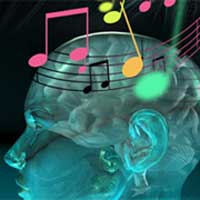Ischemic stroke increases with higher nonfasting triglyceride level
The researchers found that the cumulative incidence of ischemic stroke increased with increasing levels of nonfasting triglycerides. – Elevated nonfasting triglyceride levels, previously associated with an increased risk for heart attack, also appear to be associated with an increased risk for ischemic stroke.

